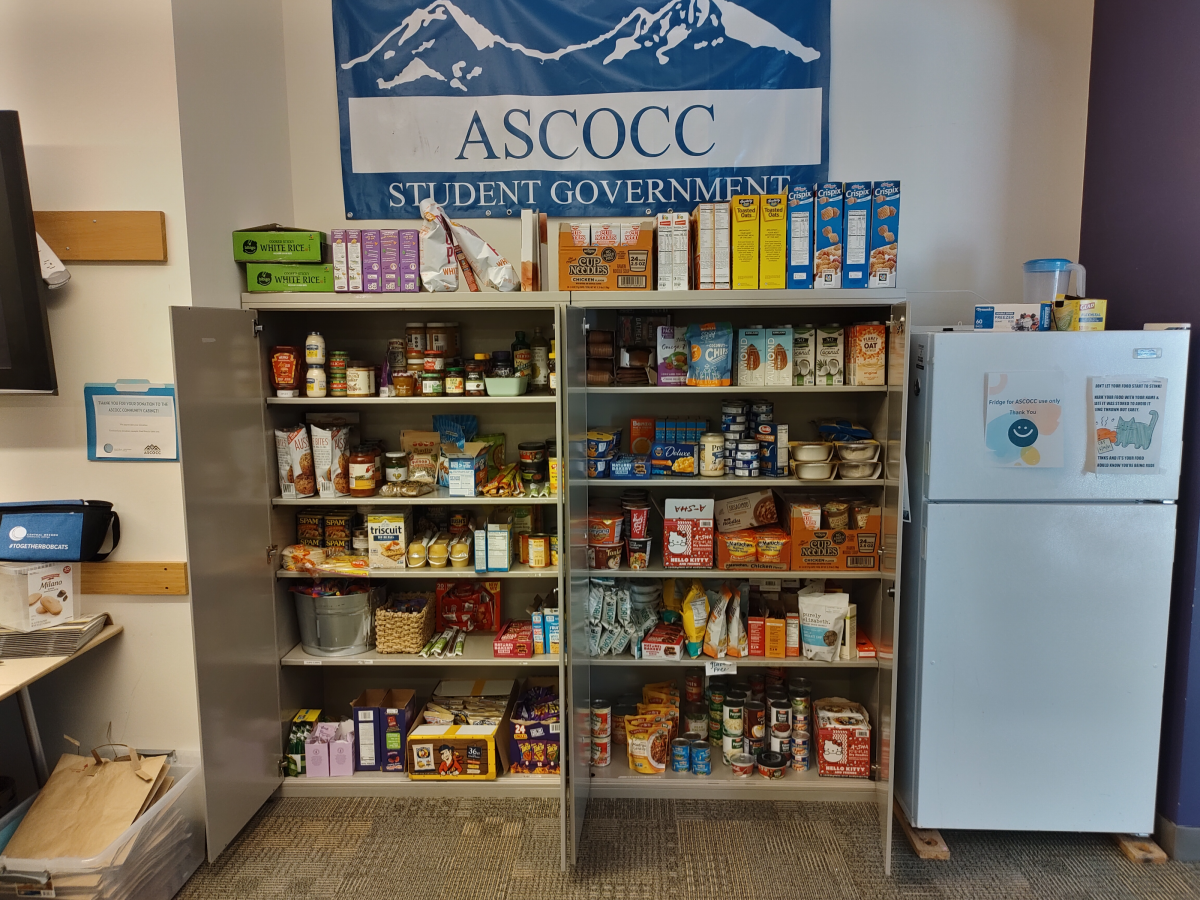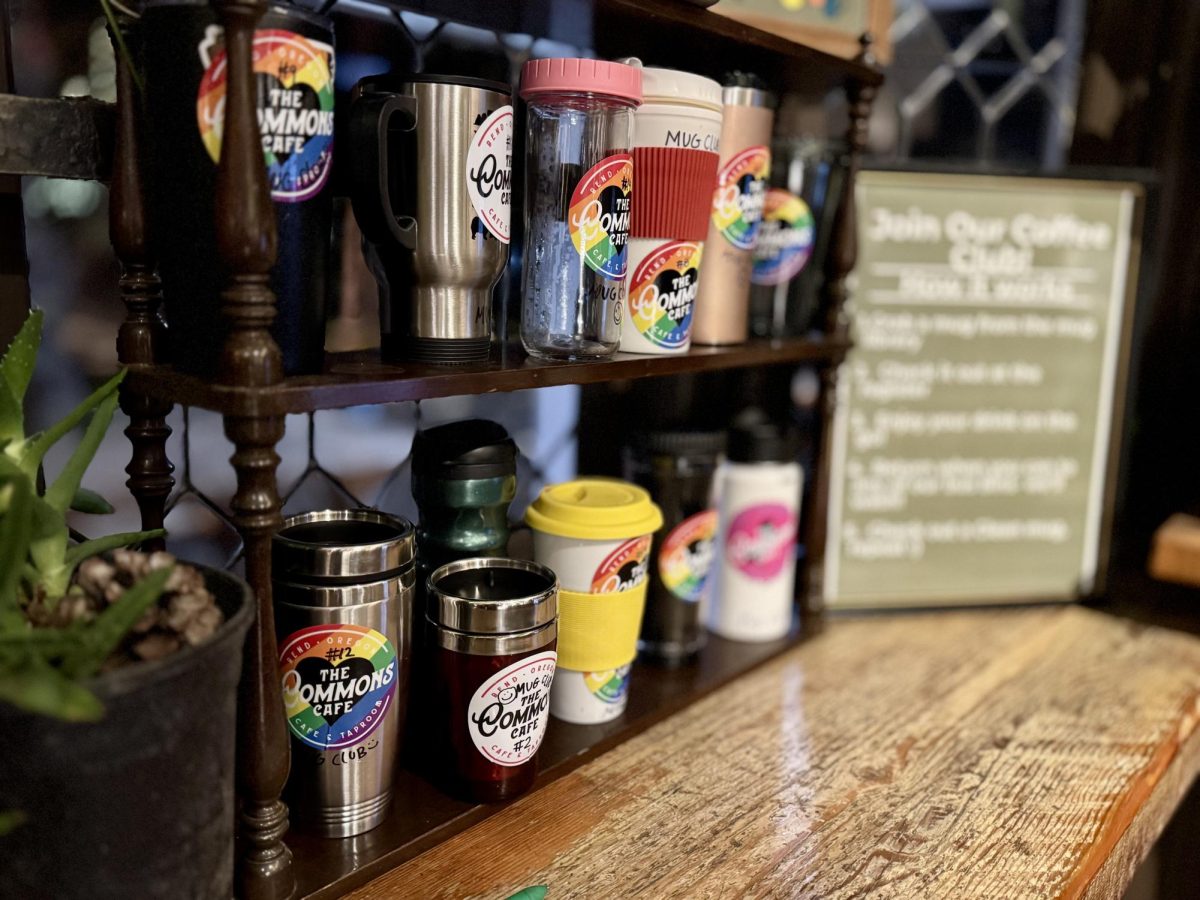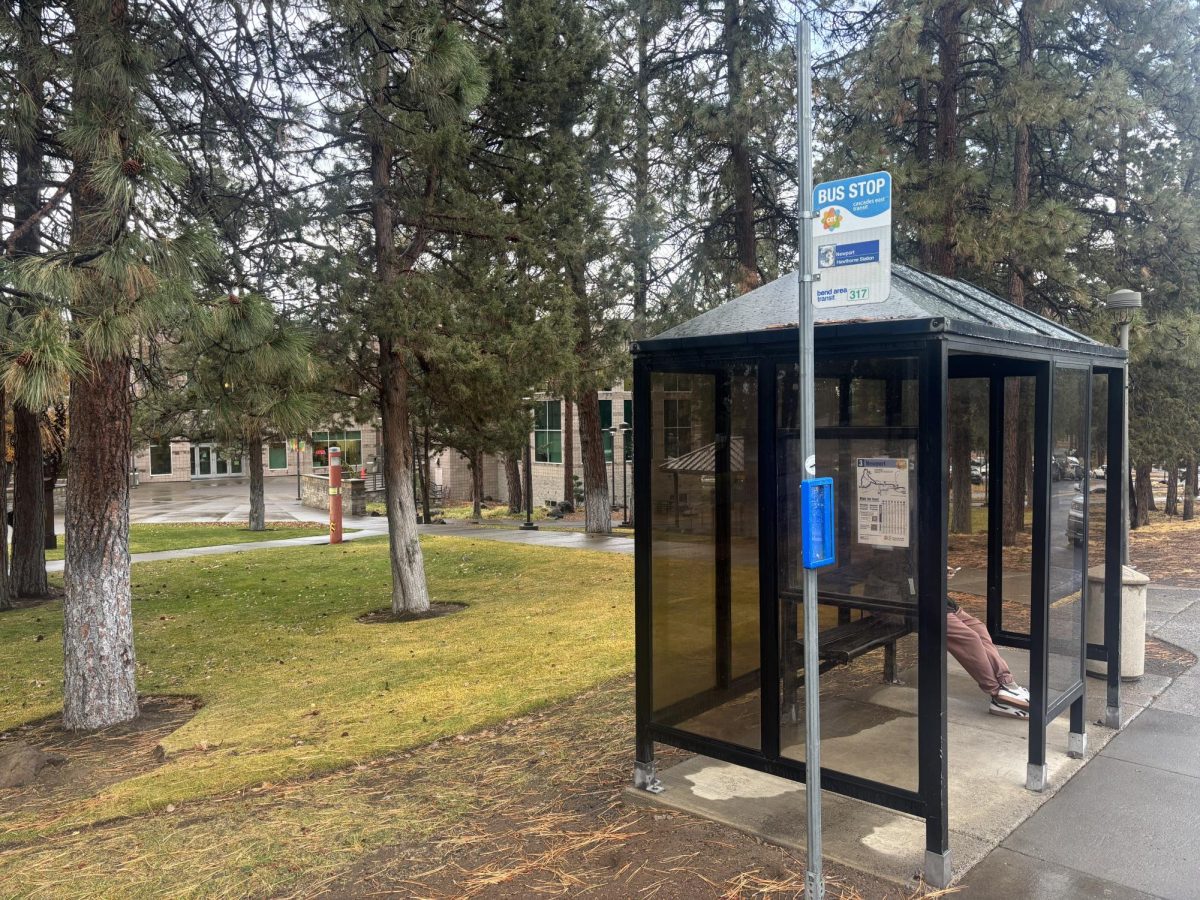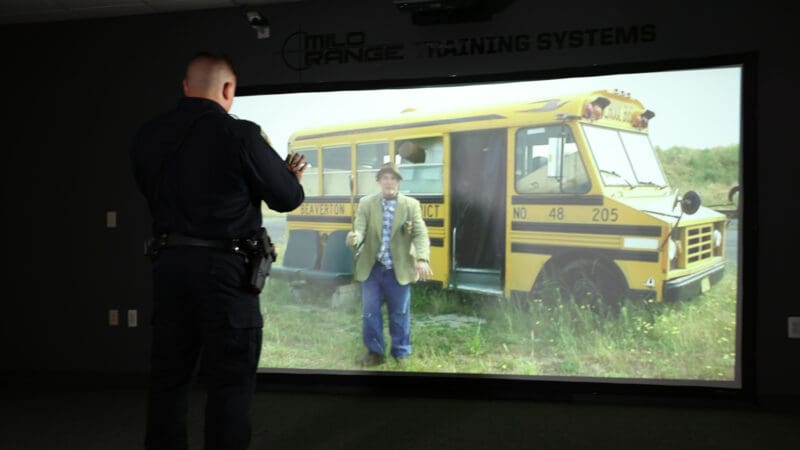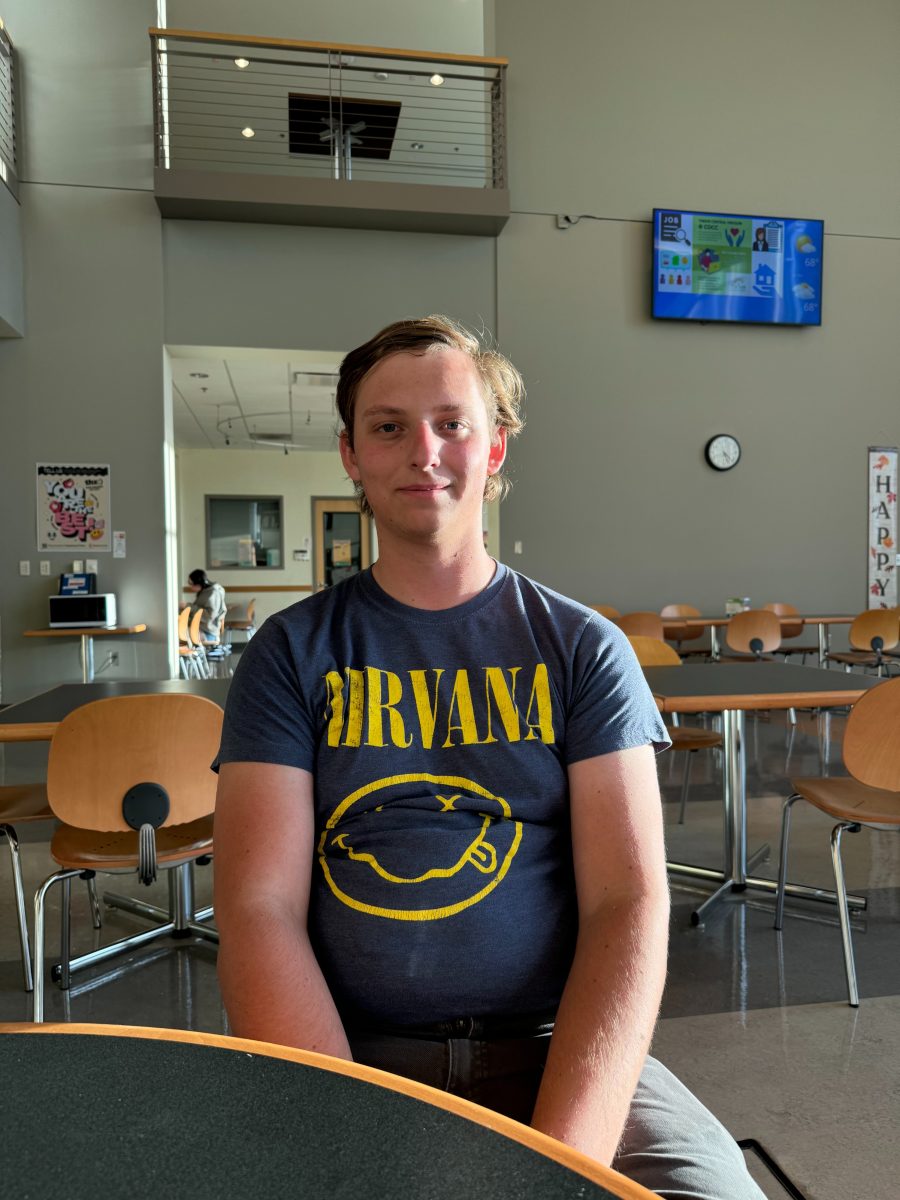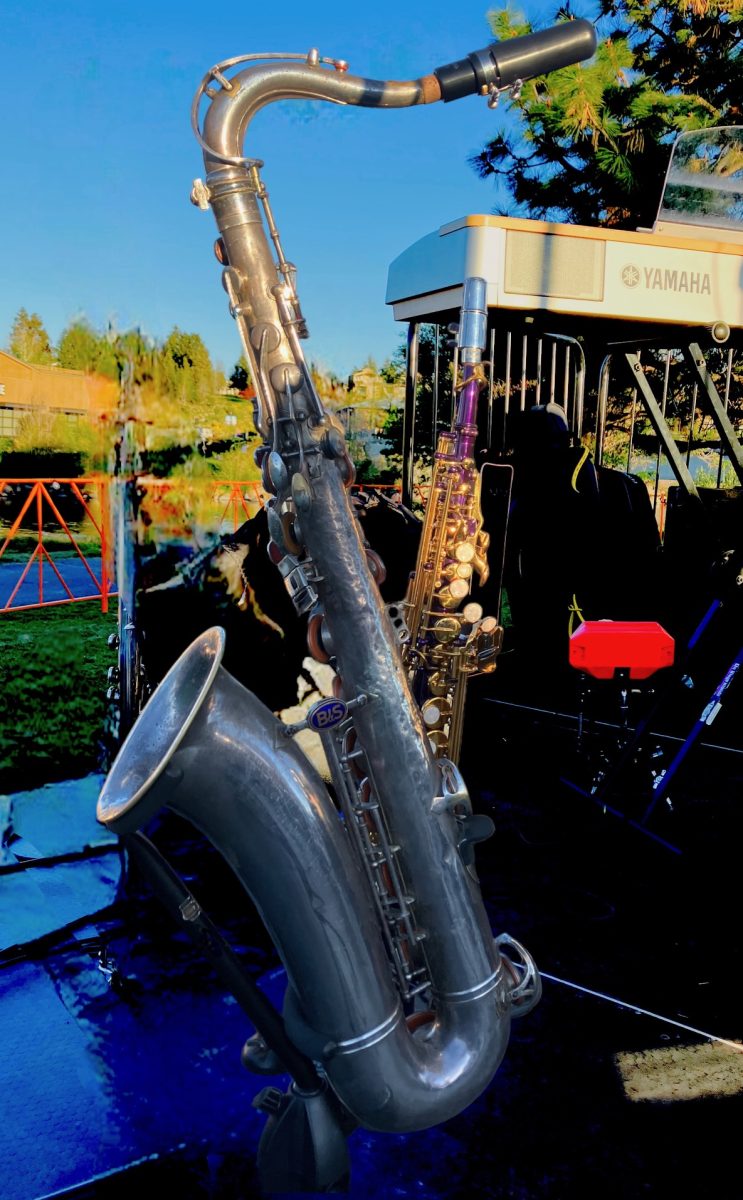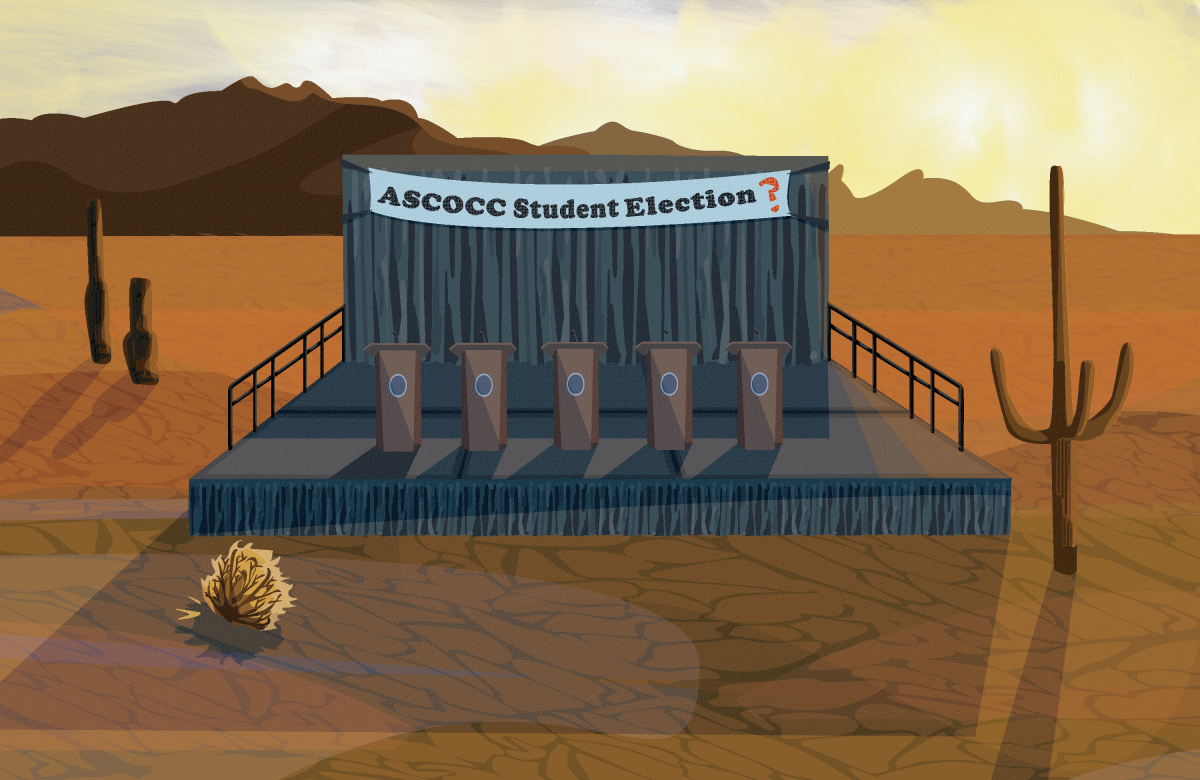Students who do not have basic needs met, such as housing, food, and hygiene can hardly be expected to thrive, let alone do well in college. With the financial stress put on students, food insecurity can easily become an issue, but this problem is by no means exclusive to students. The Central Oregon Community College food bank now has expanded resources to help alleviate this struggle for students and the wider community.
House Bill 2835, which went into effect in January, has allowed the Associated Students of Central Oregon Community College to improve and expand COCC’s food bank and the resources available to students. Many students have utilized this program to feed themselves, their households and address a variety of other needs.
With the grant money from Oregon House Bill 2835, ASCOCC and the student life department have been able to improve COCC’s food banks. They bought a fridge and freezer for all branch campus food banks, a larger quantity and diversity of food, hygiene and health supplies.
In the Winter term of 2022, before this recent expansion, COCC began partnering with Neighborhood Impact to become a regional food bank for the organization. This enabled COCC to stock their food bank with food from Neighborhood Impact’s warehouse.
This Neighborhood Impact regional food bank is accessible to anyone in the larger community, not just students. The food purchased with ASCOCC’s budget, and the grant money is specifically for students due to the nature of the bill.
Both Neighborhood Impact’s and ASCOCC’s food banks are located in the Coats Campus Center in the ASCOCC offices, and no name is required to access either of these resources. Students need only to sign in with a date and the number of people in their household. There is also an optional section for comments and suggestions, which have been used to help gauge the needs of the students and respond accordingly.
In February there were 64 sign-ins, in March there were 141, and in April 155.
The most popular items have been quick and easy microwavable meals, ramen, and quick snacks between classes. Items like shampoo, conditioner, wet wipes, menstrual supplies and condoms are also popular at the food bank.
Lindsay Buccafurni of the student life department said all these items move pretty quickly and that she or members of ASCOCC usually go to restock the food banks about twice a week, which can be difficult at times to keep up with.
When asked about her experience helping to make the food bank possible Buccafurni said that “it’s been awesome to be able to support student success. Students need to have their basic needs met; learning comes second.”


